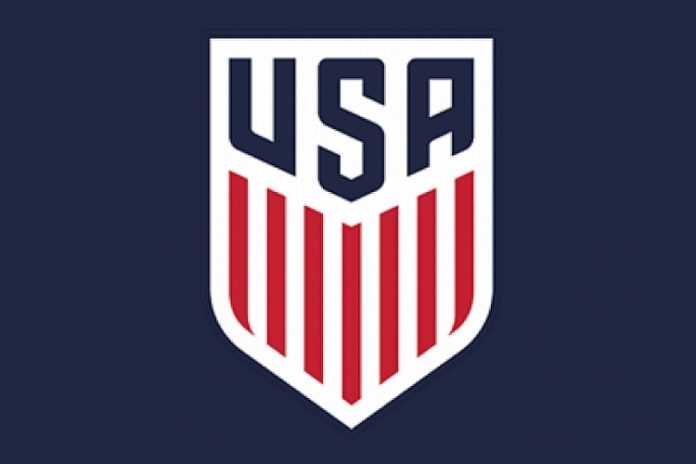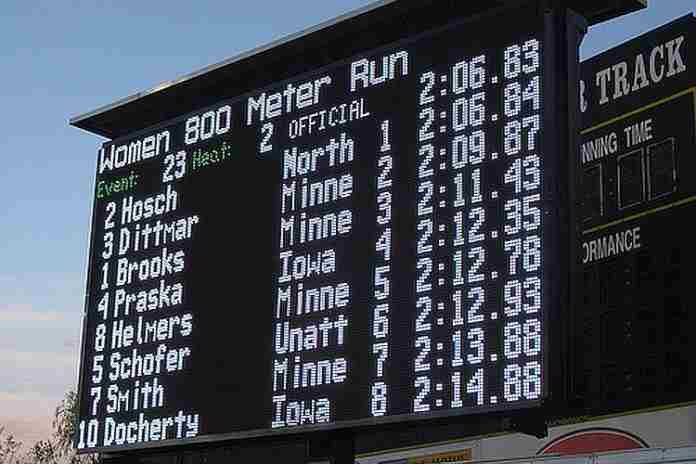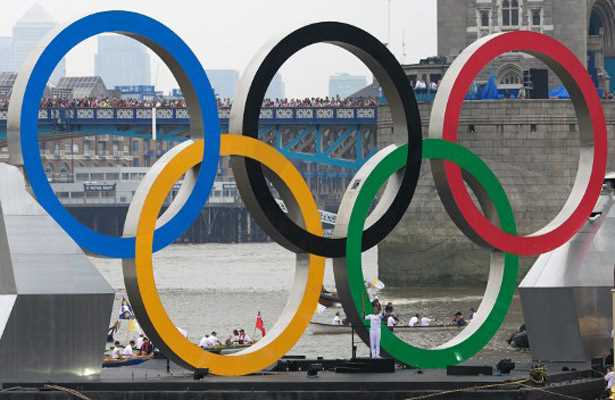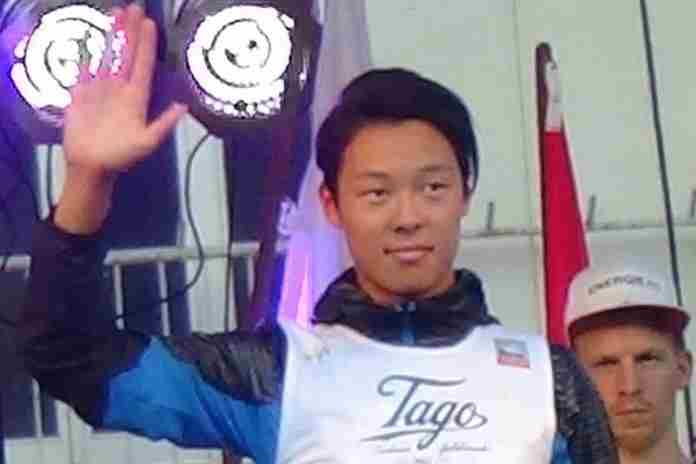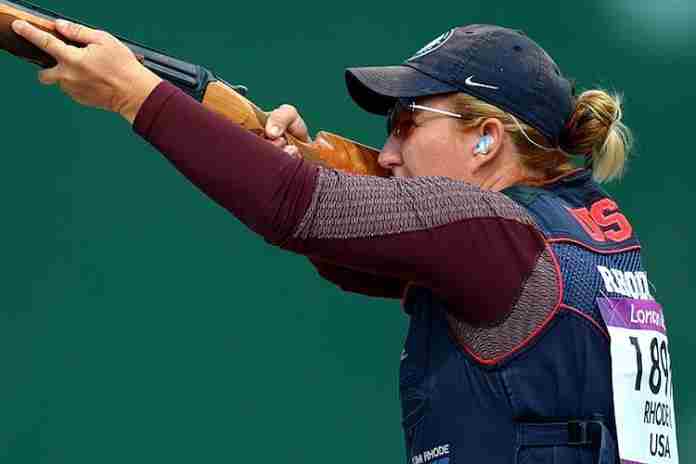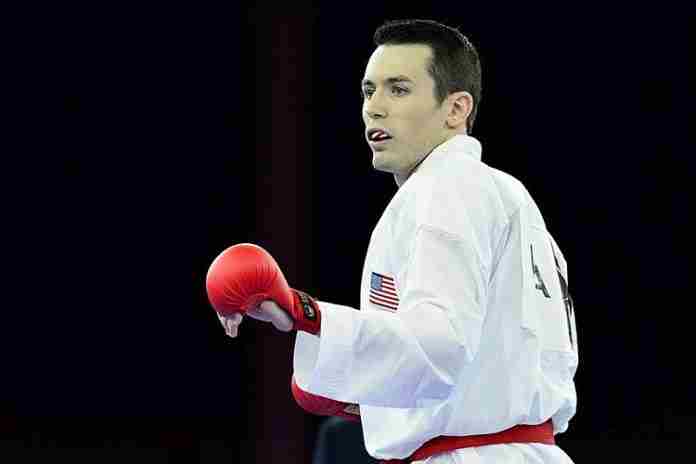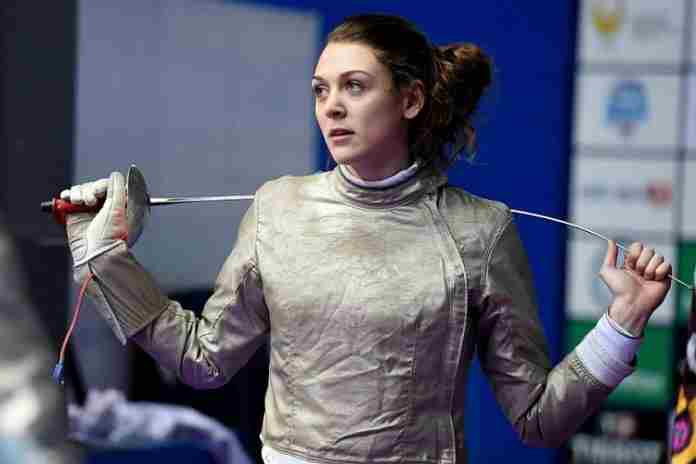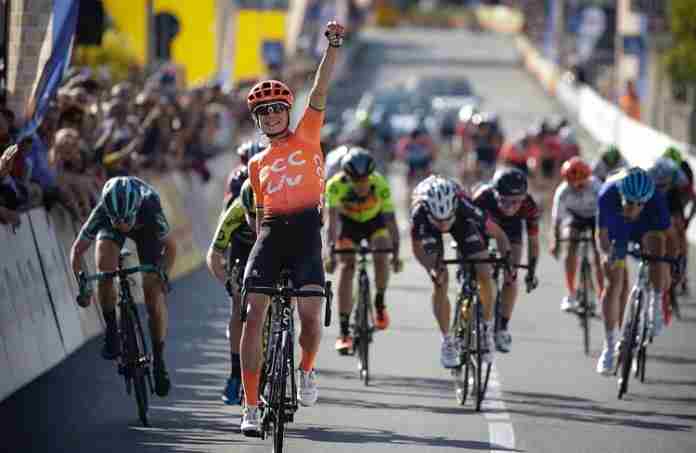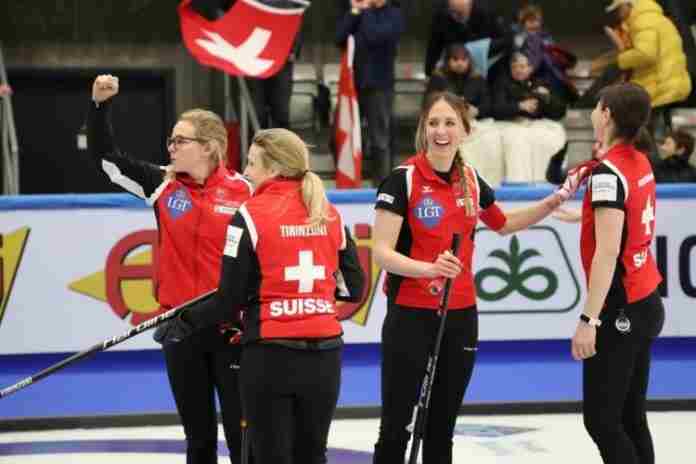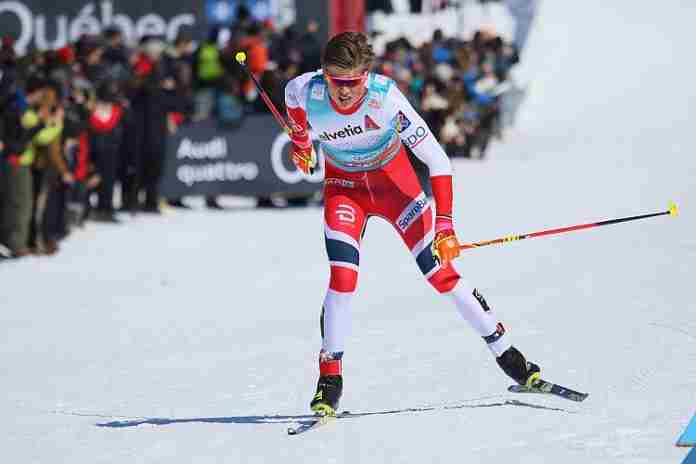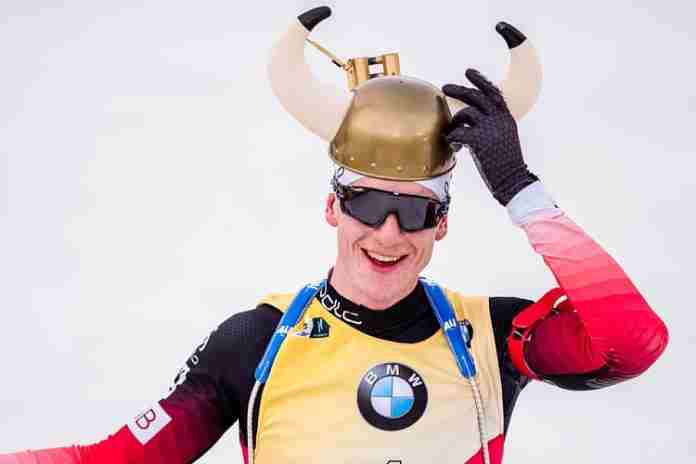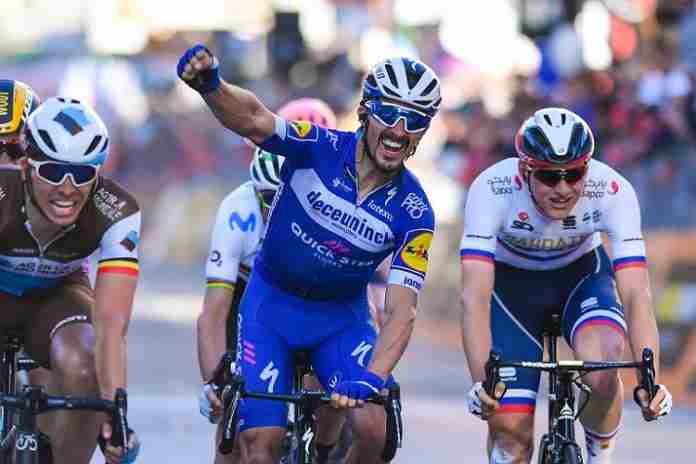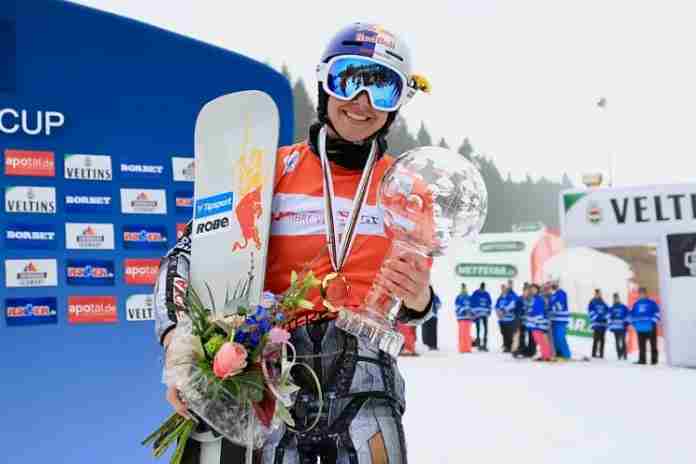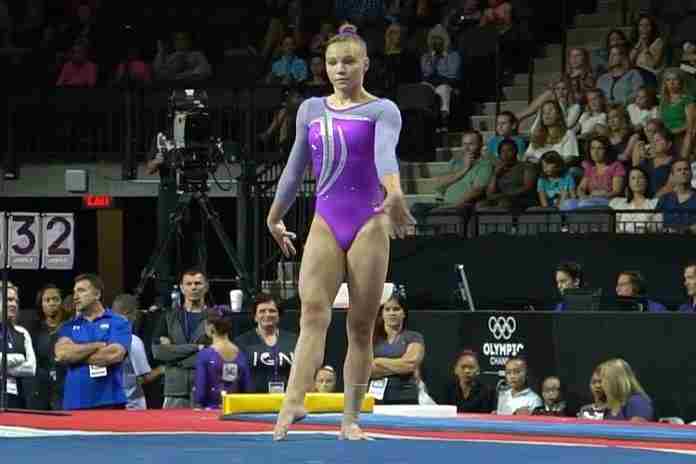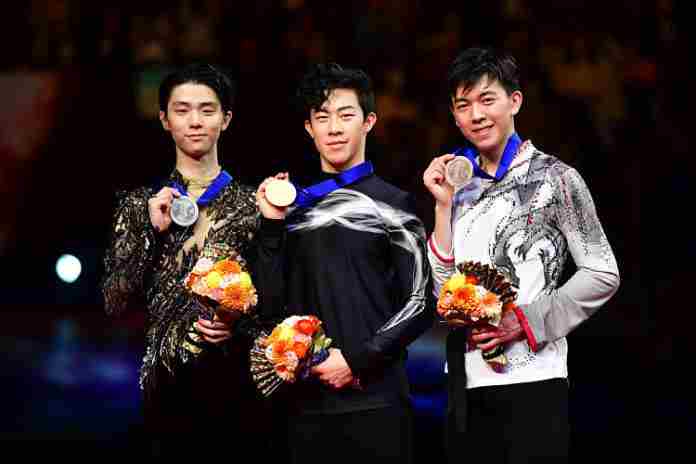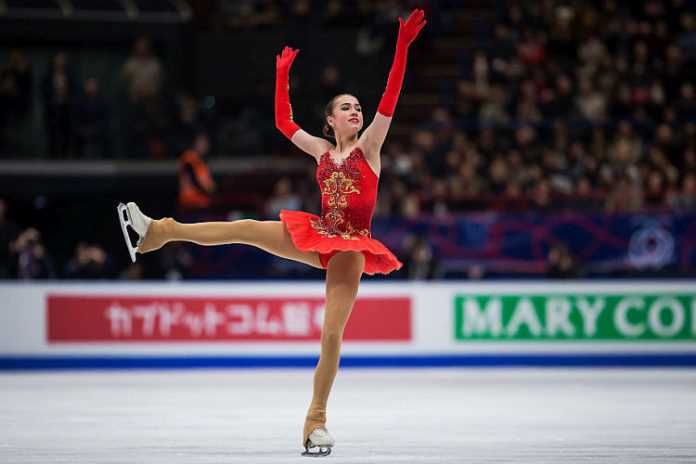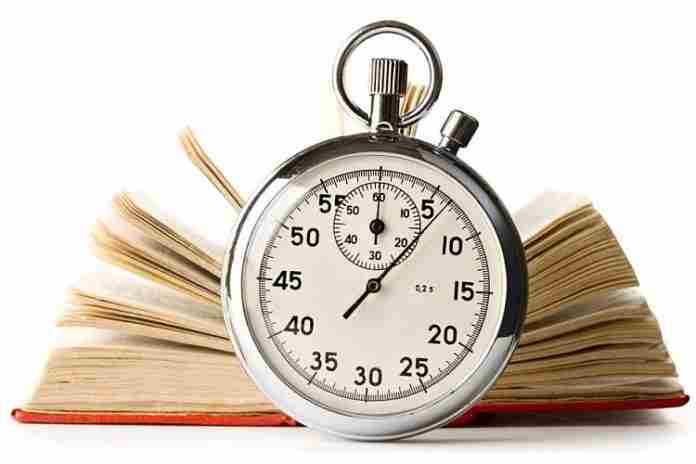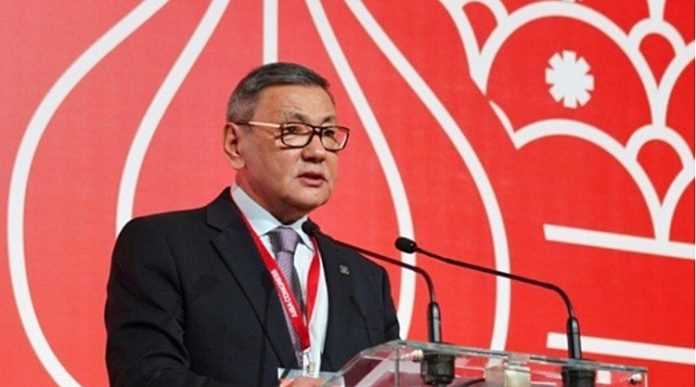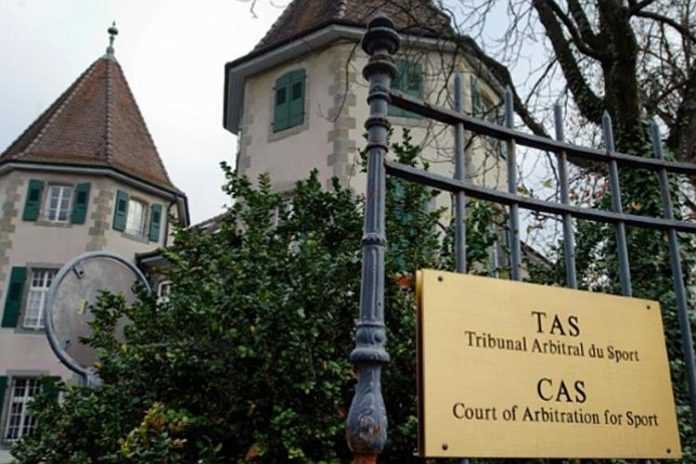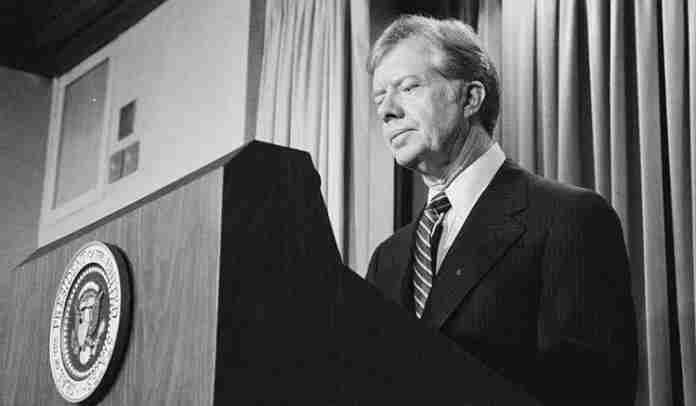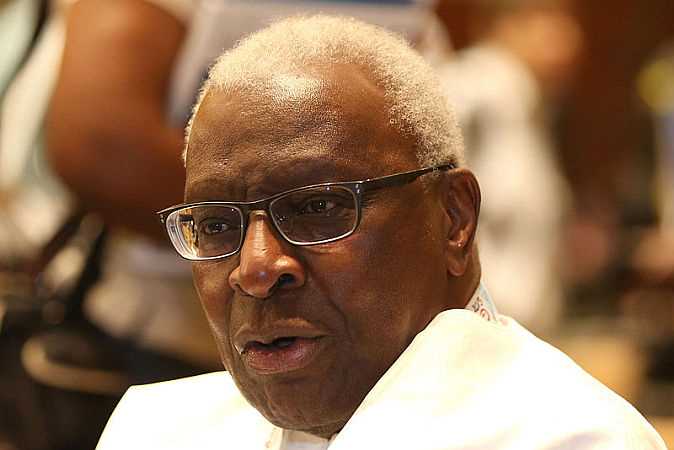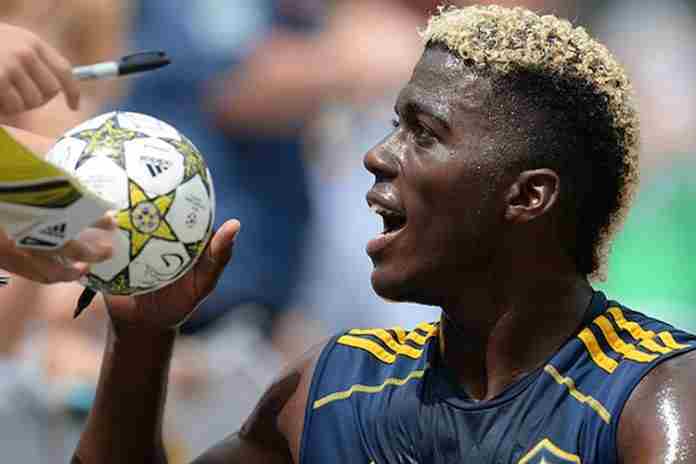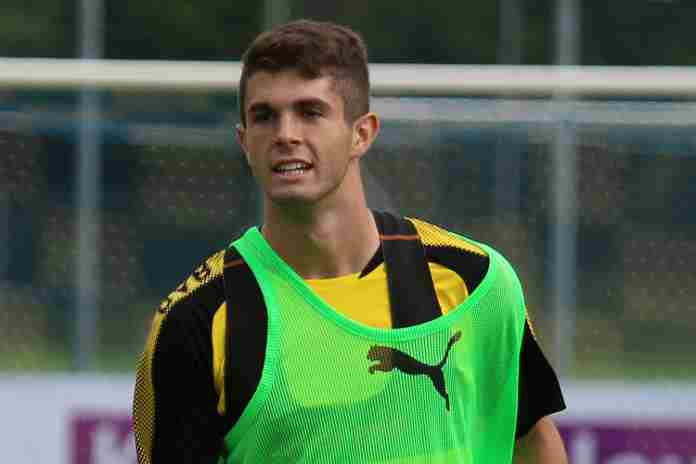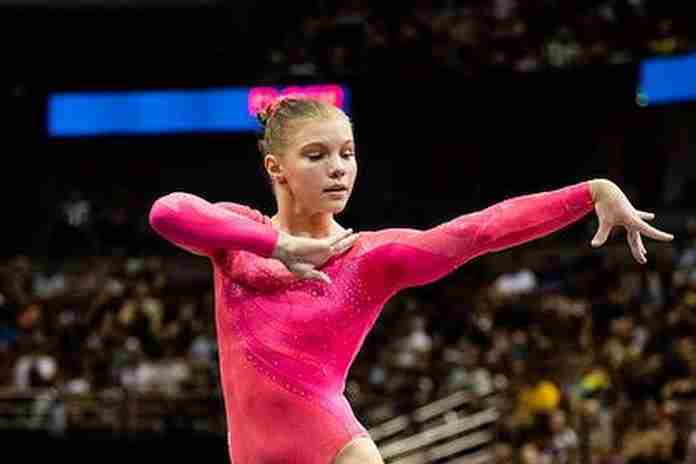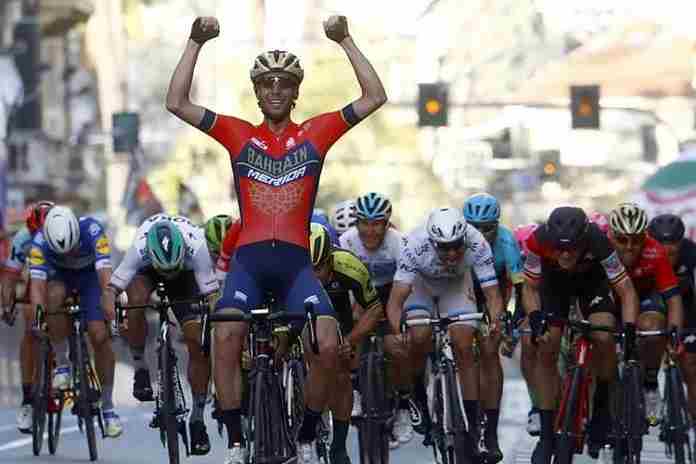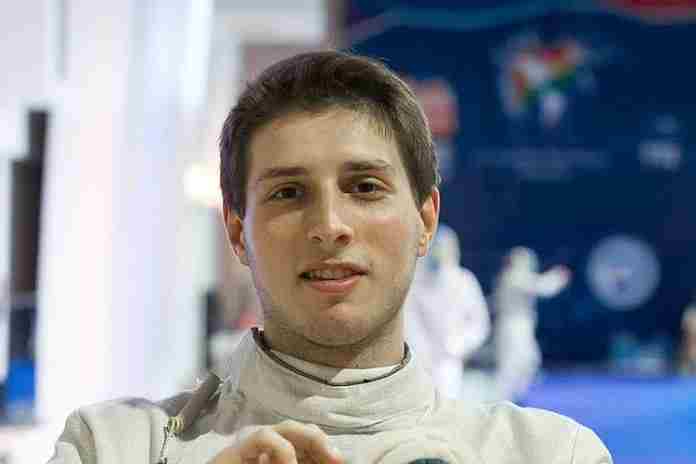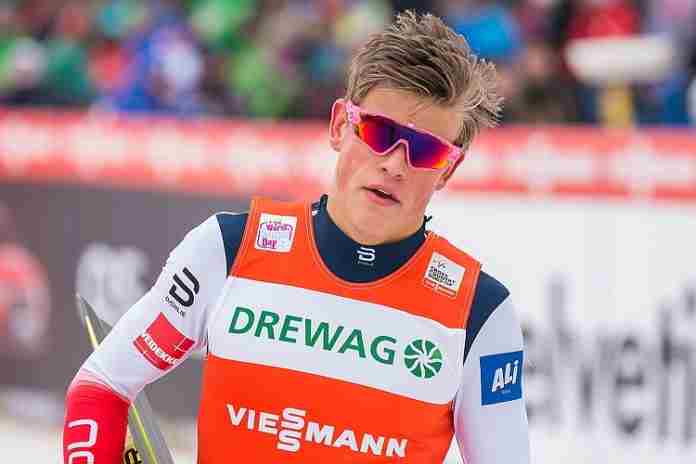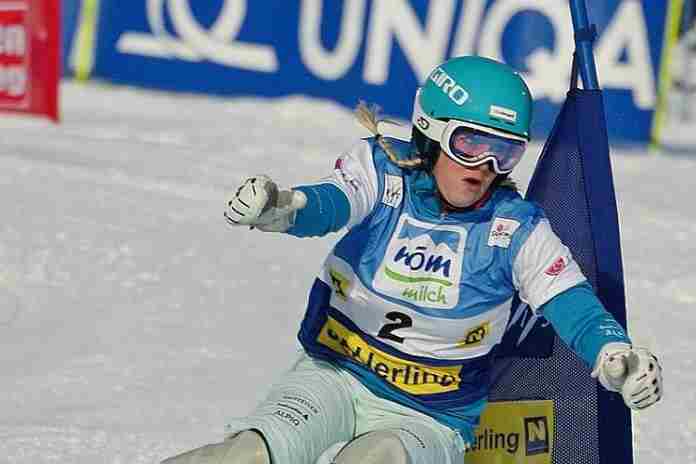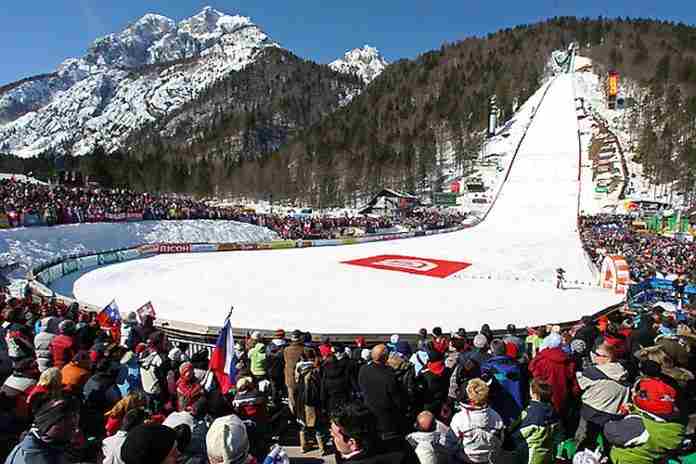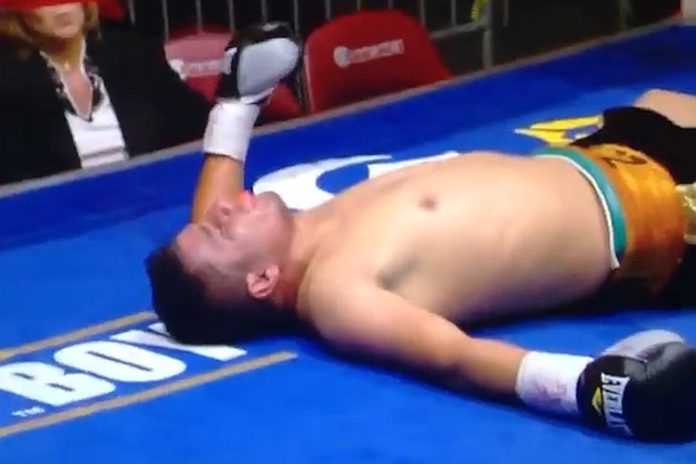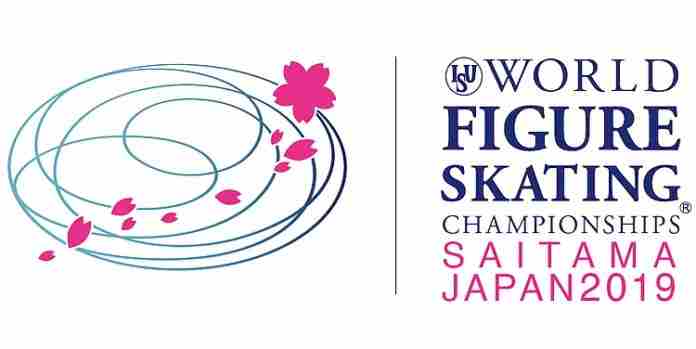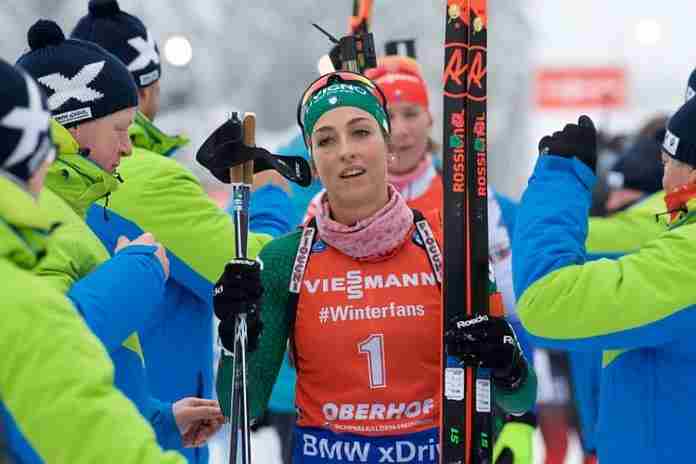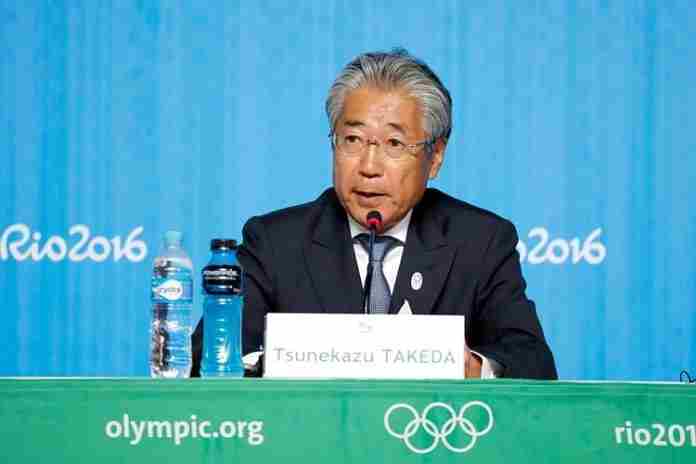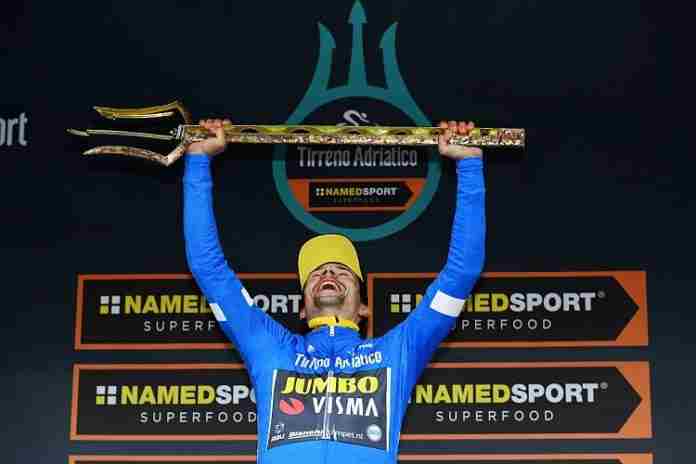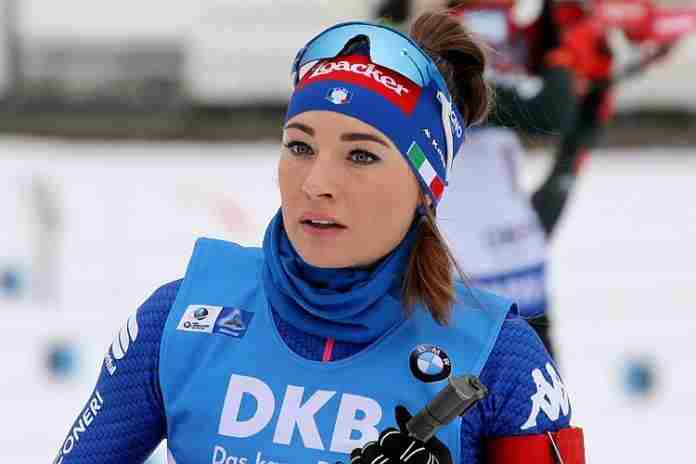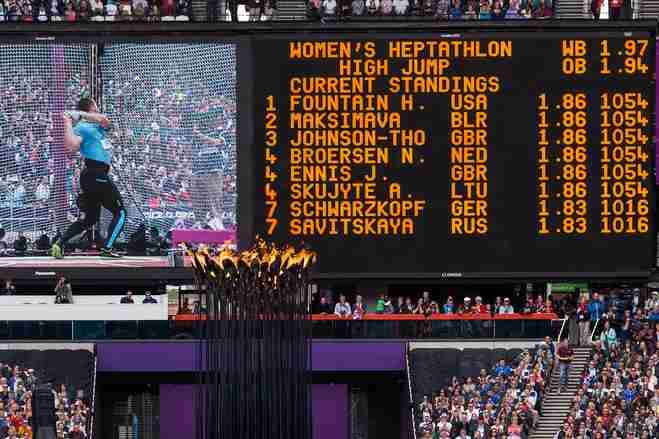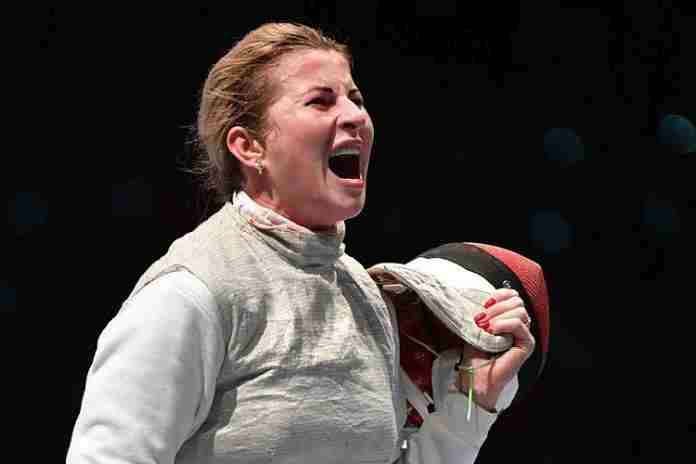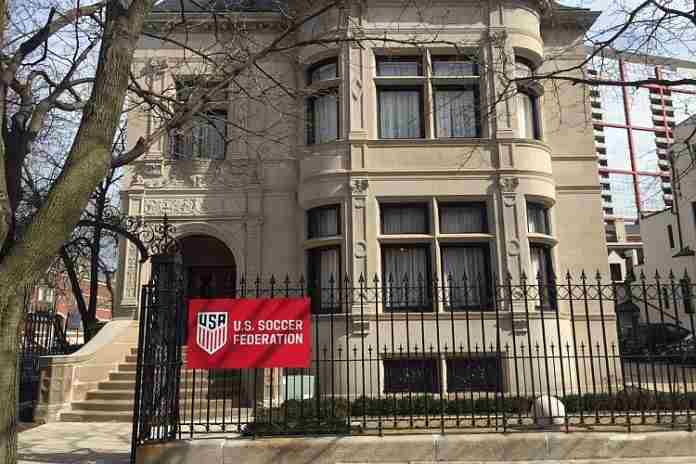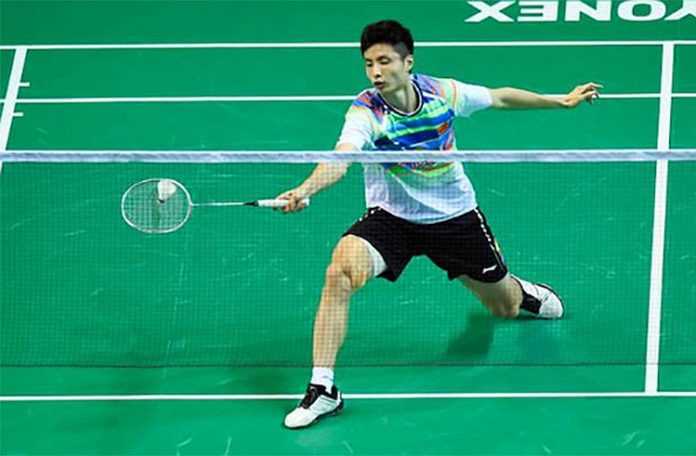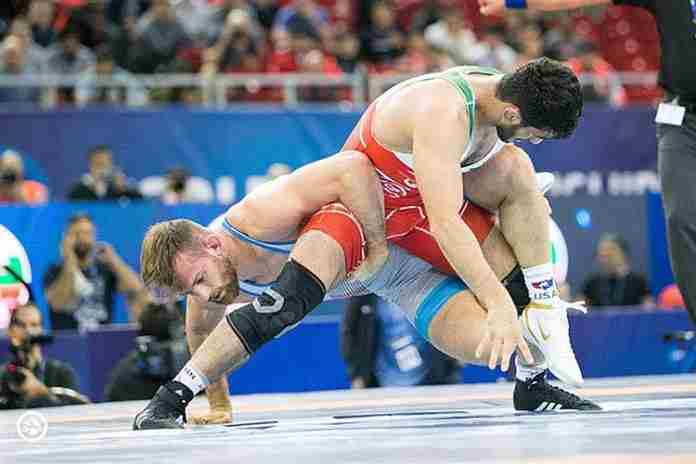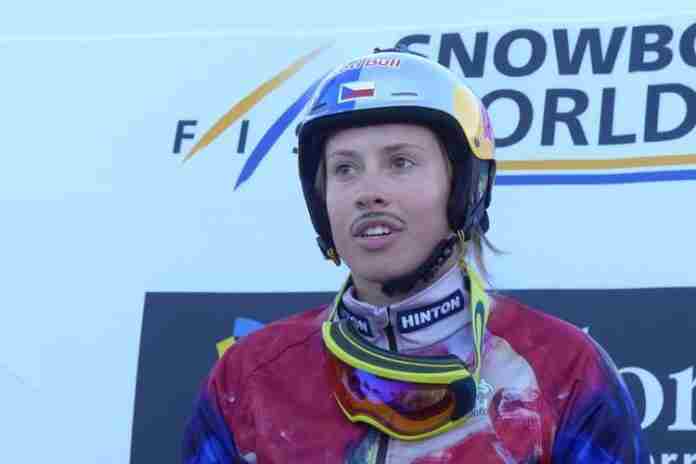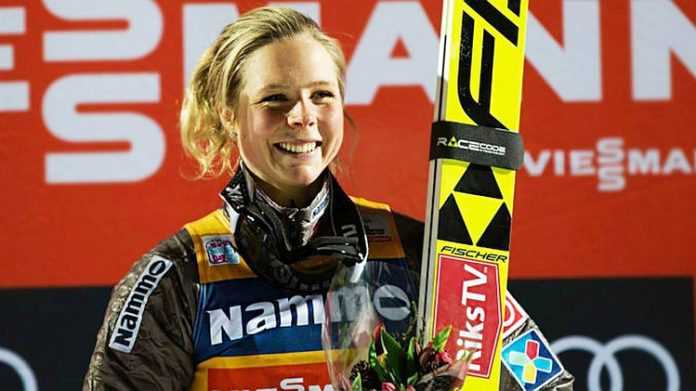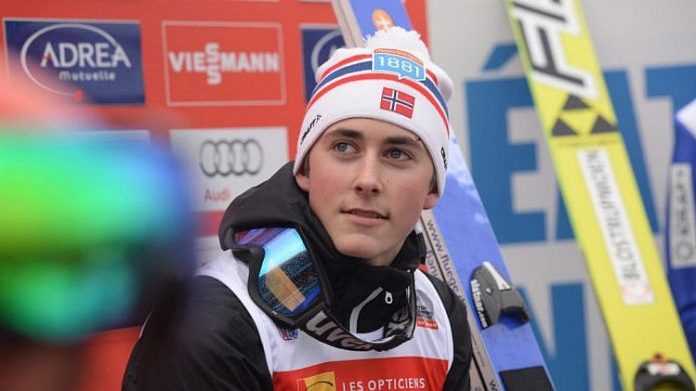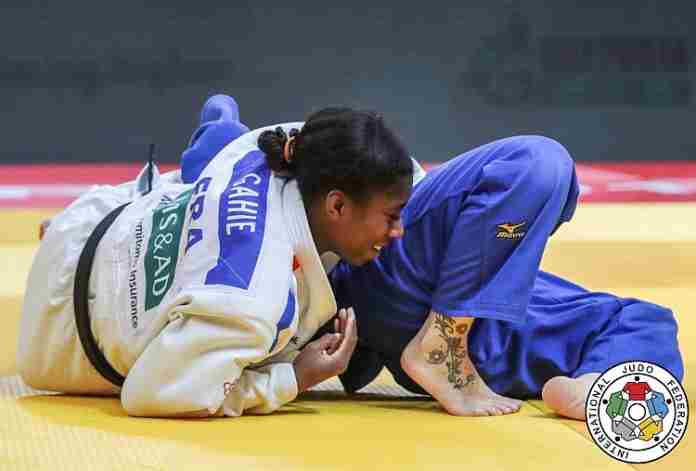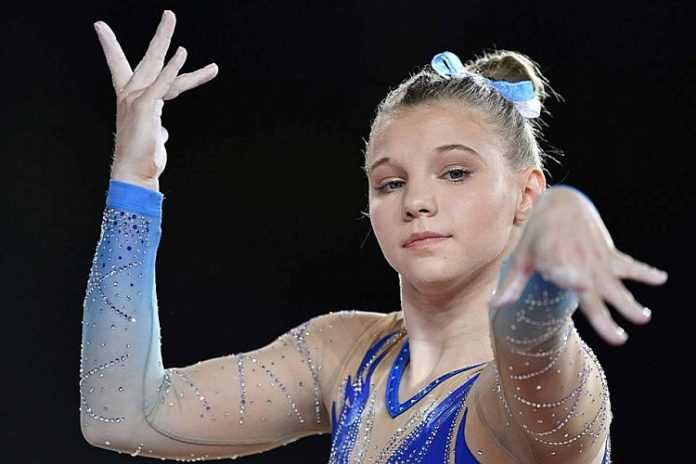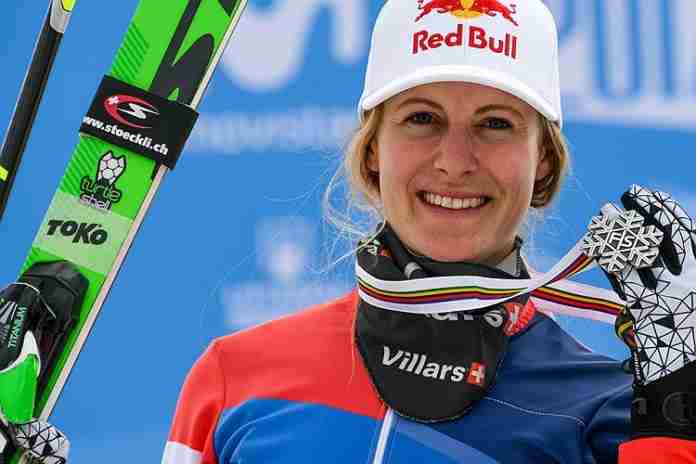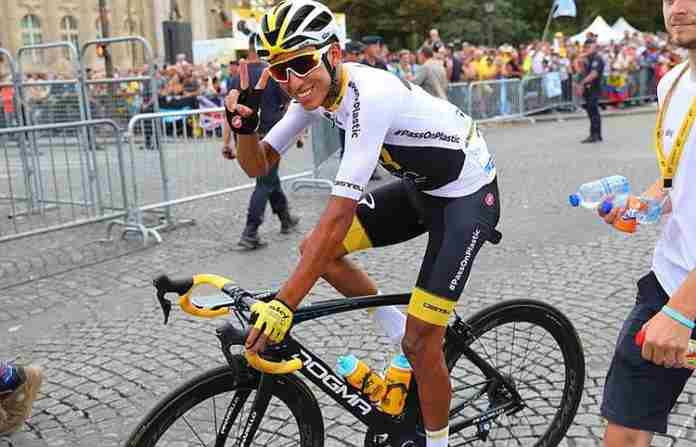The 2019 IBU World Championships in Oestersund (SWE) started out without much surprise, as triple Olympic gold medalist Anastasiya Kuzmina (SVK) and Norwegian superstar Johannes Thingnes Boe won the Sprint events.
Then things got crazy.
In the following ten days, the remaining six individual events were won by six different athletes, from Germany, Italy, Sweden and Ukraine, most of whom were hardly medal-winning stars coming into the Championships:
Men:
● 12.5 km Pursuit: Dmytro Pidruchnyi (UKR) ~ 1st World Champs medal
● 15 km Mass Start: Dominik Windisch (ITA) ~ 1st World Champs individual medal
● 20 km Individual: Arnd Peiffer (GER) ~ 2nd World Champs individual gold
Women:
● 10 km Pursuit: Tina Herrmann (GER) ~ 1st World Champs medal
● 12.5 km Mass Start: Dorothea Wierer (ITA) ~ 1st World Champs individual gold
● 15 km Individual: Hanna Oeberg (SWE) ~ 1st World Champs individual medal
Several of these athletes had won Worlds medals on relays, but coming into 2019, these six winners had won a grand total of two individual medals.
Equally shocking was that the dominant force in the men’s World Cup – Norway’s Boe – won an individual gold in the Sprint and a silver in the Pursuit, and that was it. This from the winner of 12 out of 18 events on the World Cup tour. Moreover, the winners of the six events that Boe didn’t win – Martin Fourcade (FRA: 2), Quentin Fillon Maillet (FRA: 2), Alexander Loginov (RUS: 1) and Vetle Sjastad Christiansen (NOR: 1) – didn’t win any of the races either.
Also surprising was that none of the individual races were especially close, and only one was decided by less than five seconds, Wierer’s 4.9-second win in the Mass start over Russia’s 2015 World Championships gold winner Ekaterina Yurlova-Percht. Peiffer’s win in the men’s 20 km Individual race was by more than 1:08!
However, what became clear in the end was the dominance of Norway. The Vikings won all four relay events and all by at least 13 seconds. Once those medals are figured in, Boe ended up with three golds and a silver for four total medals, and Marte Olsbu Roeiseland won three relay golds.
The Norwegians led the medal table with nine total (5-3-1), followed by Germany (7:2-2-3) and Italy with five (2-2-1). The U.S. was shut out; its best finish was 10th by Joanne Reid in the Mass Start event.
The World Cup circuit will conclude this week in Oslo (NOR); will there be a hangover? Summaries from Oestersund:
IBU World Championships
Oestersund (SWE) ~ 7-17 March 2019
(Full results here)
Men’s 10 km Sprint: 1. Johannes Thingnes Boe (NOR), 24:37.6 (1 penalty); 2. Alexander Loginov (RUS), +13.7 (0); 3. Quentin Fillon Maillet (FRA), +16.5 (0); 4. Dmytro Pidruchnyi (UKR), +16.8 (0); 5. Simon Desthieux (FRA), +24.8 (0); 6. Martin Fourcade (FRA), +32.5 (0); 7. Erlend Bjoentegaard (NOR), +34.8 (0); 8. Erik Lesser (GER), +44.7 (0). Also in the top 25: 22. Sean Doherty (USA), +1:32.1 (0).
Men’s 12,5 km Pursuit: 1. Pidruchnyi (UKR), 31:54.1 (2); 2. J.T. Boe (NOR), +8.3 (5); 3. Fillon Maillet (FRA), +17.7 (3); 4. Tarjei Boe (NOR), +18.1 (1); 5. Fourcade (FRA), +27.8 (2); 6. Andrejs Rastorgujevs (LAT), +40.8 (1); 7. Antonin Guigonnat (FRA), +47.3 (2); 8. Benjamin Weber (FRA), +47.8 (3). Also in the top 25: 20. Doherty (USA), +1:54.3 (2).
Men’s 20 km Individual: 1. Arnd Peiffer (GER), 52:42.4 (0); 2. Vladimir Iliev (BUL), +1:08.7 (1); 3. T. Boe (NOR), +1:09.1 (1); 4. Sebastian Samuelsson (SWE) +1:35.7 (1); 5. Lukas Hofer (ITA), +1:53.2 (2); 6. Simon Desthieux (FRA), +1:54.0 (3); 7. Evgeniy Garanichev (RUS), +1:56.5 (1); 8. Vetle Sjaastad Christiansen (NOR), +1:59.2 (0). Also in the top 25: 16. Leif Nordgren (USA), +3:15.7 (1); 17. Doherty (USA), +3:18.5 (2).
Men’s 15 km Mass Start: 1. Dominik Windisch (ITA), 40:54.1 (3); 2. Guigonnat (FRA), +22.8 (3); 3. Julian Eberhard (AUT), +23.3 (4); 4. Alexander Loginov (RUS), +27.4 (4); 5. Fillon Maillet (FRA), +33.2 (4); 6. Peiffer (GER), +39.6 (4); 7. Simon Eder (AUT), +43.9 (1); 8. Benedikt Doll (GER), +44.4 (5). Also in the top 25: 21. Doherty (USA), +1:55.9 (4).
Men’s 4×7.5 km Relay: 1. Norway (Birkeland, Christiansen, T. Boe, J. Boe), 1:12:03.7 (6); 2. Germany (Lesser, Rees, Peiffer, Doll), +38.1 (8); 3. Russia (Eliseev, Porshnev, Malyshko, Loginov), +1:04.1 (7); 4. Czech Rep., +1:20.7 (6); 5. Slovenia, +1:22.4 (5); 6. France, +1:37.2 (14); 7. Sweden, +1:37.4 (11); 8. Austria, +2:00.1 (9). Also: 19. United States (Leif Nordgren, Jake Brown, Alex Howe, Max Durtschi), +5:26.6 (14).
Women’s 7.5 km Sprint: 1. Anastasiya Kuzmina (SVK), 22:17.5; 2. Ingrid Tandrevold (NOR), +9.7; 3. Laura Dahlmeier (GER), +12.6; 4. Hanna Oeberg (SWE), +13.2; 5. Mona Brorsson (SWE), +21.7; 6. Denise Herrmann (GER), +23.9; 7. Marketa Davidova (CZE), +26.5; 8. Ekaterina Yurlova-Percht (RUS), +31.4. Also in the top 25: 11. Clare Egan (USA), +33.3.
Women’s 10 km Pursuit: 1. Herrmann (GER), 31:45.9 (2); 2. Tiril Eckhoff (NOR), +31.4 (2); 3. Dahlmeier (GER), +31.6 (1); 4. Marte Olsbu Roeiseland (NOR), +1:35.0 (4); 5. Oeberg (SWE), +1:35.0 (5); 6. Kuzmina (SVK), +1:41.3 (7); 7. Brorsson (SWE), +1:47.2 (4); 8. Ingrid Tandrevold (NOR), +2:01.2 (4). Also in the top 25: 12. Egan (USA), +2:44.3 (5); … 25. Susan Dunklee (USA), +3:27.6 (3).
Women’s 15 km Individual: 1. Oeberg (SWE), 43:10.4 (0); 2. Lisa Vittozzi (ITA), +23.6 (0); 3. Justine Braisaz (FRA), +32.5 (1); 4. Dahlmeier (GER), +39.5 (1); 5. Paulina Fialkova (SVK), +45.5 (1); 6. Brorsson (SWE), +49.9 (1); 7. Lisa Theresa Hauser (AUT), +53.7 (0); 8. Dorothea Wierer (ITA), +1:06.7 (2).
Women’s 12.5 km Mass Start: 1. Wierer (ITA), 37:26.4 (2); 2. Yurlova-Percht (RUS), +4.9 (1); 3. Herrmann (GER), +15.4 (4); 4. Oeberg (SWE), +52.7 (3); 5. Eckhoff (NOR), +57.7 (4); 6. Dahlmeier (GER), +1:03.4 (4); 7. Roeiseland (NOR), +1:10.1 (4); 8. Vittozzi (ITA), +1:11.2 (4). Also in the top 25: 10. Joanne Reid (USA), +1:32.1 (4).
Women’s 4×6 km Relay: 1. Norway (Solemdal, Tandrevold, Eckhoff, Roeiseland), 1:12:00.1 (9); 2. Sweden (Persson, Brorsson, Magnusson, Oeberg), +24.3 (6); 3. Ukraine (Merkushyna, Vita Semerenko, Dzhima, Valj Semerenko), +35.1 (5); 4. Germany, +35.6 (15); 5. Russia, +43.6 (12); 6. Slovakia, +53.1 (9); 7. Poland, +1:47.1 (9); 8. France, +1:57.4 (9). Also: 9. United States (Susan Dunklee, Clare Egan, Joanne Reid, Emily Dreissigacker), +2:22.3 97).
Mixed Relay (2×6 km/2x 7.5 km): 1. Norway (Roeiseland, Eckhoff, Boe, Christiansen), 1:17:41.4; 2. Germany (Hinz, Herrmann, Peiffer, Doll), +13.1; 3. Italy (Vittozzi, Wierer, Hofer, Windisch), +1:09.6; 4. Russia, +1:32.4; 5. Sweden, +1:35.3; 6. Czech Rep., +1:51.3; 7. Ukraine, +2:27.2; 8. France, +2:41.2. Also: 19. United States (Susan Dunklee, Clare Egan, Sean Doherty, Leif Nordgren), +7:21.2.
Mixed Single Relay: 1. Marte Roeiseland/Johannes Boe (NOR), 35:43.2 (6); 2. Dorothea Wierer/Lukas Hofer (ITA), +13.4 (5); 3. Hanna Oeberg/Sebastian Samuelsson (SWE), +20.0 (8); 4. Denise Herrmann/Erik Lesser (GER), +30.5 (6); 5. Anastasiya Merkushyna/Dmytro Pidruchnyi (UKR), +41.5 (5); 6. Evgeniya Pavlova/Matvey Eliseev (RUS), +52.7 (5); 7. Julia Simon/Antonin Guigonnat (FRA), +1:06.5 (10); 8. Lisa Theresa Hauser/Simon Eder (AUT), +1:08.2 (5). Also: 13. Susan Dunklee/Sean Doherty (USA), +1:47.9 (8).





















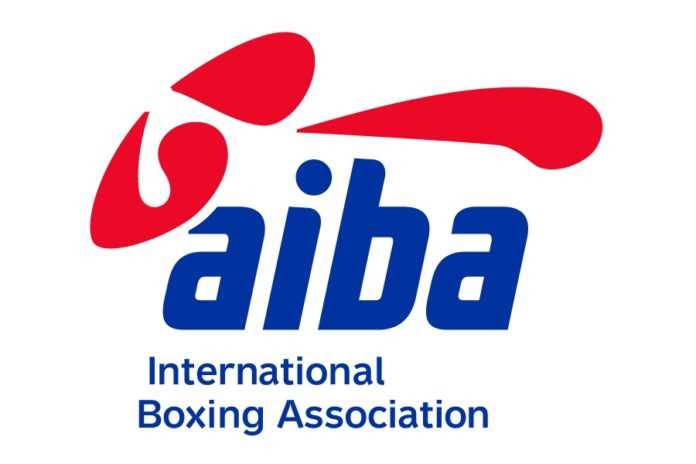
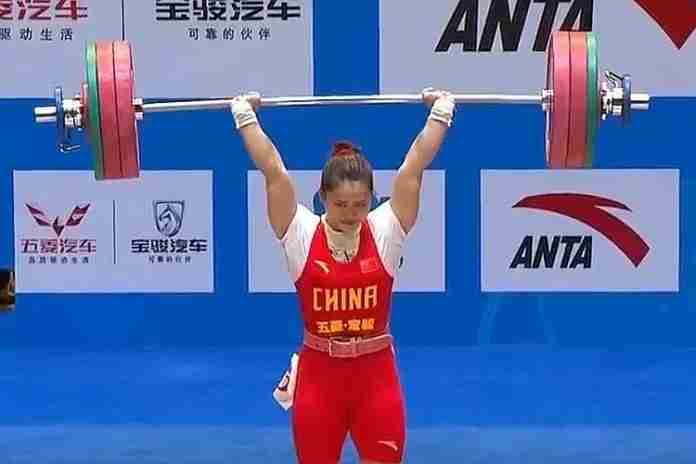
 The International Weightlifting Federation was the big winner on the first day of the International Olympic Committee’s Executive Board in Lausanne (SUI) on Tuesday, winning confirmation of its place on the program of the 2024 Olympic Games.
The International Weightlifting Federation was the big winner on the first day of the International Olympic Committee’s Executive Board in Lausanne (SUI) on Tuesday, winning confirmation of its place on the program of the 2024 Olympic Games.